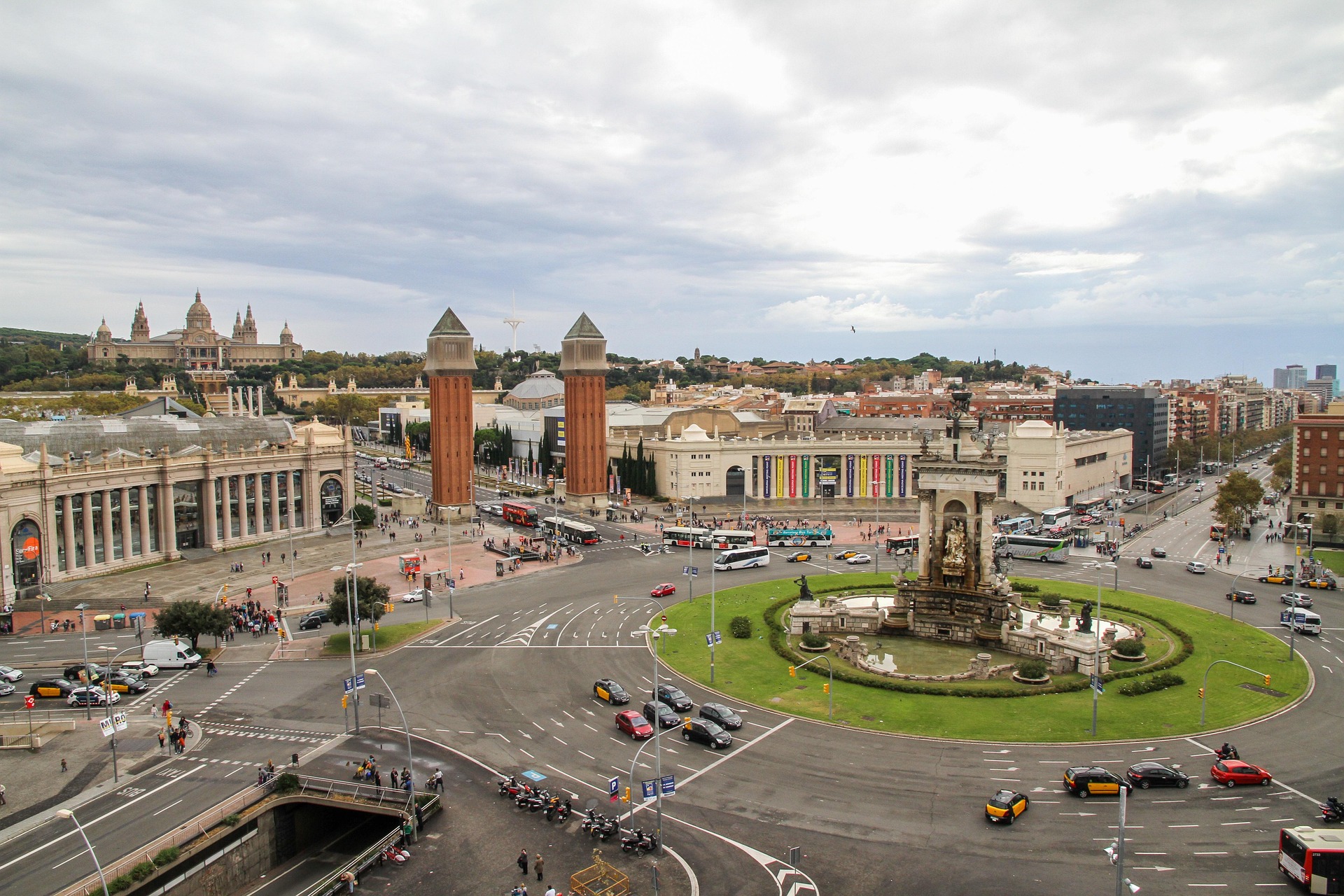Mobile World Congress 2024

Barcelona Mobile World Congress 2024
This week, the world’s eyes are on Spain as it hosts the much-anticipated Mobile World Congress (MWC) in Barcelona. But did you know that this global tech event has more to offer than just the latest in mobile technology? It's a beacon of opportunity for international students!
Why Should Students Care About MWC?
MWC isn't just about smartphones and gadgets. It's a melting pot of innovation, ideas, and inspiration. For students aspiring to study in Spain, particularly in fields like technology, business, or media, MWC presents a unique chance to glimpse the future of these industries. Barcelona has been hosting MWC since 2006, but it's not the first host city. The first MWC was held in Rome in 1990, and other cities like Madrid, Berlin, Lisbon, and Cannes have also hosted.
Networking Opportunities
Imagine connecting with industry leaders, innovators, and fellow tech enthusiasts from all over the world. MWC is a fantastic venue for students to network, learn about internships, and even discover career opportunities. The event in Barcelona attracts 12 million tourists annually, offering 30,000 hotel beds and 94,000 square meters of exhibition space. It generates about 15,000 jobs and has a direct impact of over €500 million in just four days.
Educational Insights
Many exhibitors and speakers at MWC focus on educational technology and its applications. This is a golden opportunity for students to see how technology is shaping the future of education and how they can be part of this exciting transformation.
Cultural Experience
Even though the most affordable ticket is around €800, with various pass options available for different levels of access and privileges. Attending such a global event enriches the cultural experience of studying abroad. It's not just about the classrooms and textbooks; it's about being part of a vibrant, international community.
So, to our international students eyeing Spain as their educational destination: the MWC is more than a tech event; it's a gateway to understanding the dynamic intersection of technology, business, and education in one of the most culturally rich countries in Europe.
Let’s embrace the opportunities that technology and education bring together!
I spent a fall semester in Valencia
Finding the Valencia program was fate. I still feel like it's a rare, undiscovered secret that only I was privileged enough to explore and call home. It fulfilled a combination of desires for me. I knew I wanted to learn Spanish, and had boiled it down to Spain because unlike South or Central America, I'd have access to traveling throughout Europe and North Africa.
From there, I realized I wanted a city of a decent size. Madrid and Barcelona were the other two Spanish cities for which programs were offered. I'd been to Madrid and enjoyed it very much, but I didn't like that it was so far inland. I heard Barcelona was amazing, but its main language was Catalan.

Then I came across Valencia, Spain's third largest city, located east on the Mediterranean coast. With about 800,000 people, it was an ideal size for being able to experience that large metropolitan vibe while still being able to run into familiar neighborhood faces. Valencia is also the birthplace of paella, and boasted some of Spain's best cuisine (in my humble opinion)
I knew I wanted to learn Spanish
The littoral outlet for well-heeled Deià, a village that has been home to Mick Jagger, Andrew Lloyd Webber, Richard Branson and poet Robert Graves who is buried there, Cala Deià may be small (200m wide), far from sandy beaches but the water is crystal clear, the rocky outcrops imposing and the atmosphere convivial.
A mixture between the fresh caught seafood from the adjacent sea and the best rice dishes, as well as the sweet delectables like buñuelos and the sugary almond treat turron.
But dessert for me tended to be fruit, as I took advantage of the region's incredible bounty (the Valencia orange being one of the most delicious fruits I've ever had -- that perfect balance between sweetness and citrus acidity).
My plans for the near future
As of now, I am set to graduate in June from CUNY Hunter College with a bachelor's degree in Media Studies. I've already made plans, while not yet fully developed, to take some time off after undergrad and return to Spain.
I am going to try and find a job or internship somewhere in the vast field of media. My mind's run agog with possibilities: finding a job or internship, teaching English, or even enrolling in a Spanish university for graduate school. In a perfect world, I would be a foreign correspondent based in Madrid for The New York Times. favourite beach, Cala Deià, can be found here, one of the most bewitching inlets on Mallorca’s entire coastline with the clientele to match.

.webp)


















.webp)





